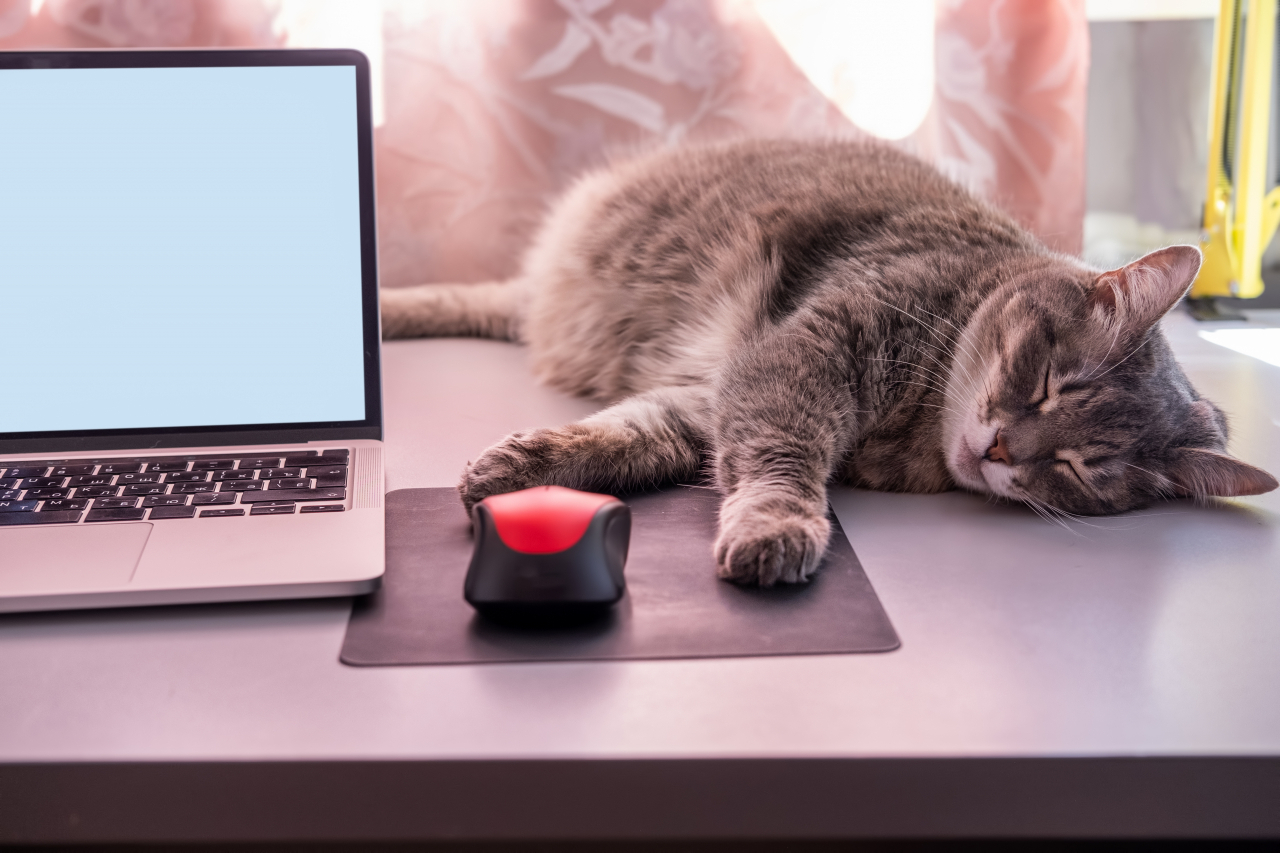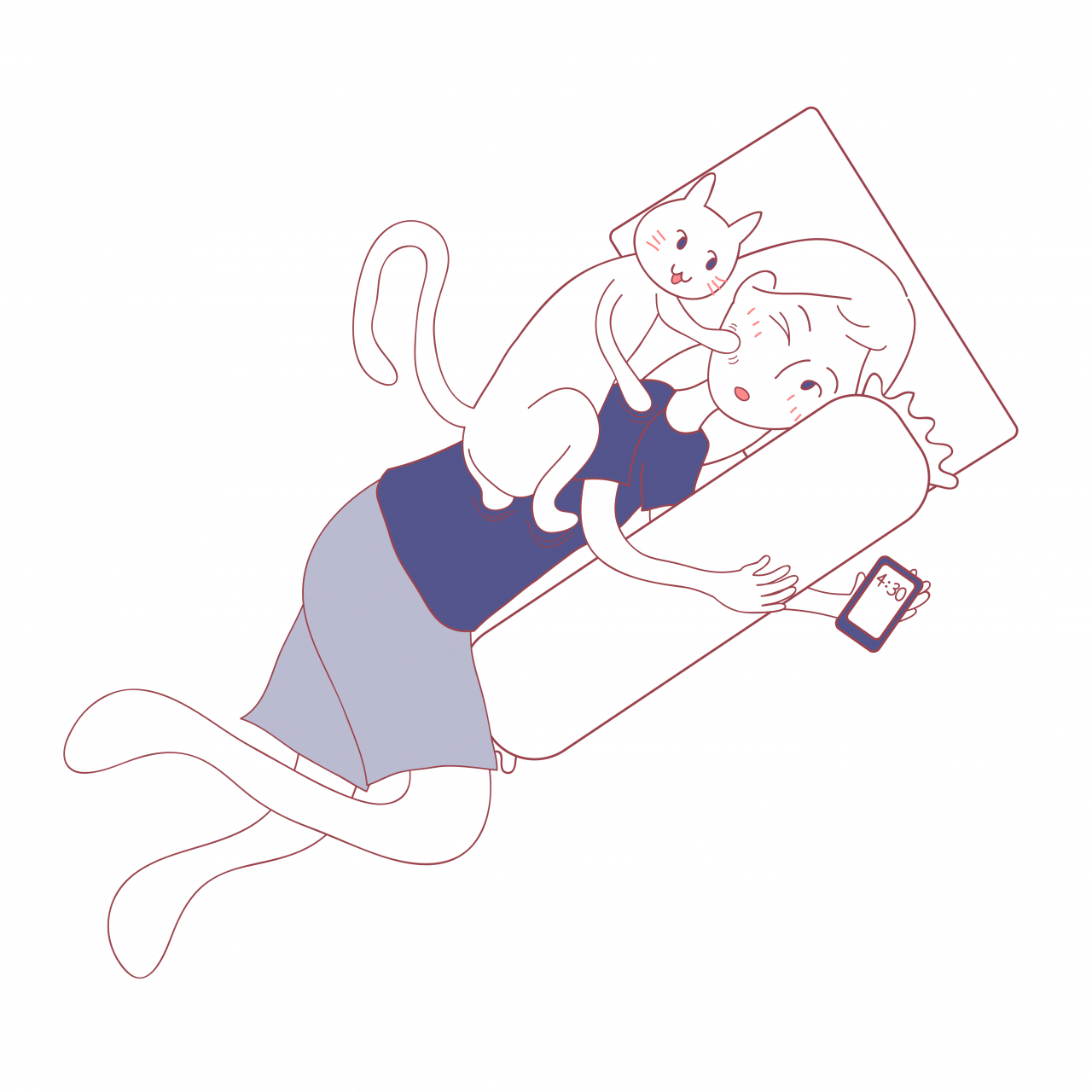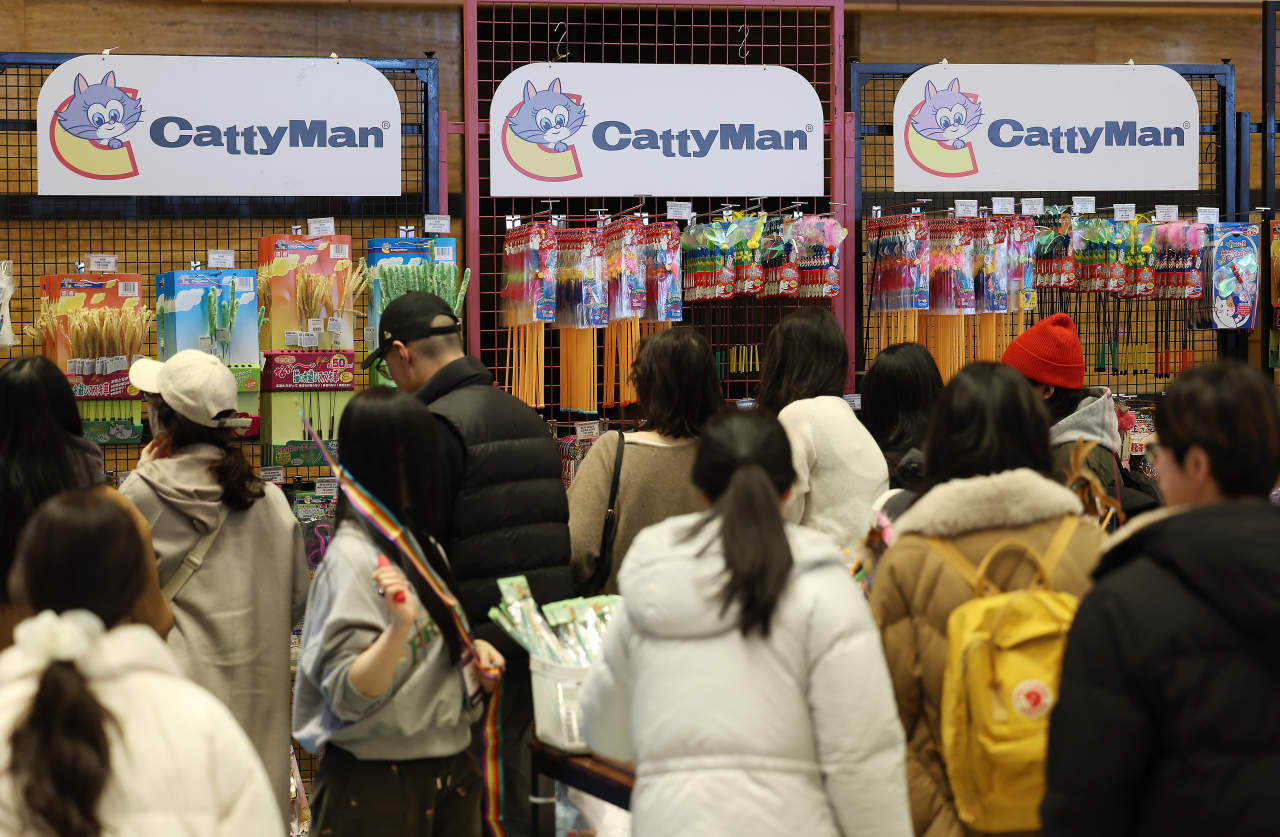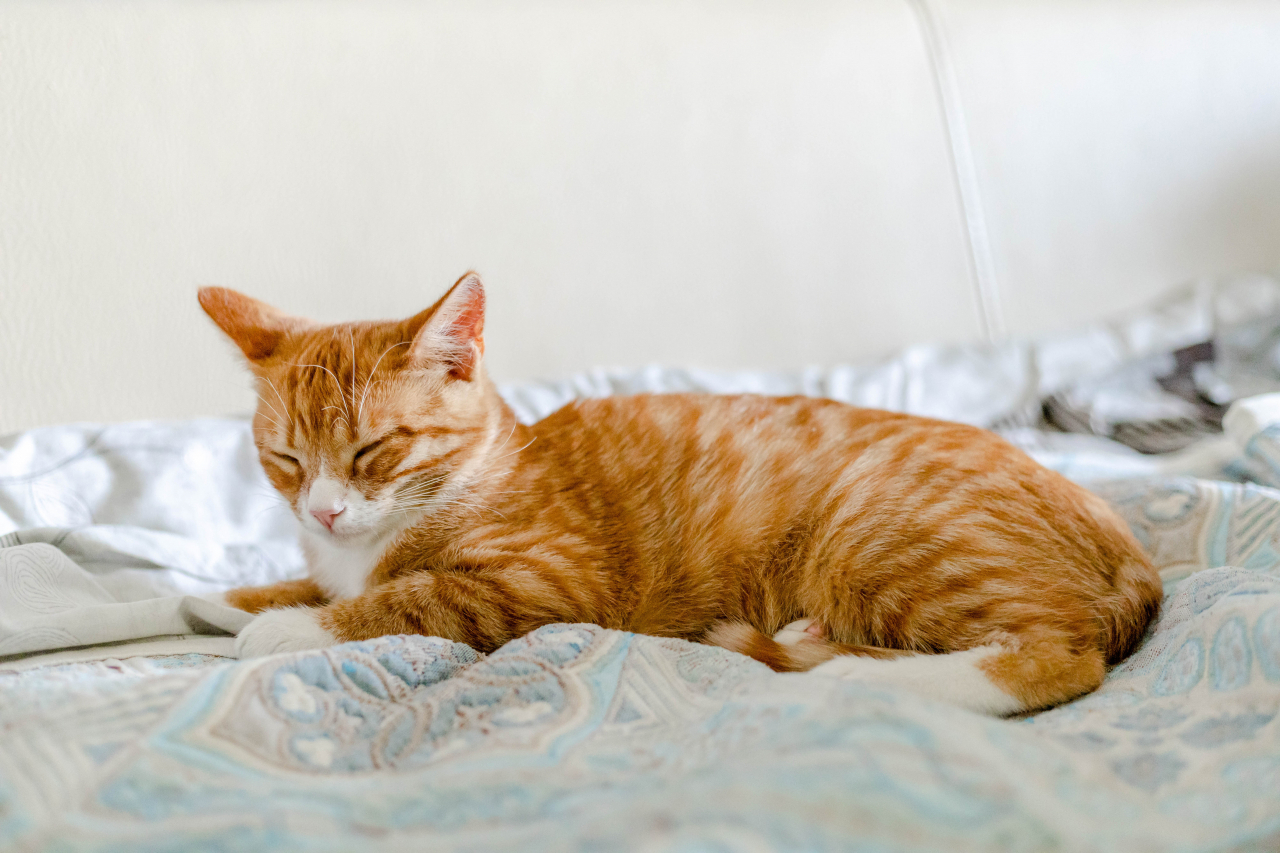Cat 'butlers': Why more Koreans are cat-ering to feline friends
Cat ownership rising in Korea amid more single-person households, younger generations seeking emotional comfort
By No Kyung-minPublished : Feb. 6, 2024 - 18:08

"Would you like to come and see my cat?" has become a trendy pickup line among young Koreans today, akin to "Want to Netflix and chill?"
It also hints at cats' elevated status in South Korea.
In the past, felines were shunned for their association with bad luck and superstitions, with many finding their infant-like cries and eyes particularly unsettling, but now cats enjoy a positive image in both the literal and figurative senses.
Cats not only grace households with their presence, but they also star in a plethora of social media content, generating cat-themed memes and products.
People exhibiting feline attributes, whether in appearance or personality, are also now often perceived as good-looking and attractive.

Ideal companions for urban singles?
The above pickup line points to the speaker’s solitary living arrangement.
Indeed, in South Korea now, it has become an urban phenomenon to find single men and women living alone with cats.
While global market watcher Euromonitor's data in 2023 showed the number of dog owners is twice that of cat owners in South Korea, it predicts an annual average growth rate of 4 percent for cat-raising households, in contrast to the 1 percent projected for dog-raising households by the year 2028.
While dog ownership is widespread and transcends demographic boundaries, the recent trend toward cat ownership is fueled mainly by a particular demographic -- people in their 20s and 30s. This group is also the most likely to live alone.
As of 2022, data from Statistics Korea revealed that nearly 3 out of 10 households in South Korea were single-person households, with the largest proportion, 19.2 percent, aged 29 or below.
In the context of compact, urban, single-person homes, cats are often seen as more compatible companions, requiring less indoor space than dogs. They also require less attention. These home-loving creatures don't require walks and usually engage in extended periods of sleep, averaging around 13 to 16 hours per day.
"Although I work every weekday from 9 to 5, my cat, who sleeps most of the day, seems to be doing well without me until I return home in the evening,” a cat owner in his 20s named Park told The Korea Herald. “I've heard that cats are territorial animals, so it's reassuring that my cat doesn't face physical or mental health issues due to the lack of walks outdoors, as dogs do."
Park Bae-kil, who operates a veterinary clinic in Seoul’s Yongsan-gu, highlighted that the low maintenance of cats stems from cats being quiet and meticulous about their toilet habits.
However, cats can get lonely.
On The Herald Story YouTube channel, veterinarian Kim Myung-chul addressed the common misconception that cats do not experience loneliness. He put emphasis on the importance of dedicating time to play with and care for cats on a daily basis.
While it is crucial for owners to address the environmental and behavioral needs of their cats, Park recommended adopting two cats if one proves to be too energetic.
“It's possible that a cat with an active temperament may create noise and mess around the house. In that case, adopting another feline playmate is a good idea,” he suggested.

Cool cats
Unlike their canine counterparts, in Korea, those who raise cats are affectionately dubbed "butlers," a term that hints at the unique dynamic of cat ownership.
As much as younger generations appreciate the appearance of cats, to the extent that individuals who "look like a cat" are considered attractive, they are drawn to the independent nature of cats.
This inclination has led today's cat owners to perceive their relationships with their cat as on the level of a friend or even a butler -- "jipsa" in Korean, a person close to the owner who takes care of their household affairs.
In a 2021 survey by DongA Business Review involving 500 Korean respondents in their 20s and 30s, where multiple answers were allowed, 74.9 percent considered cats as members of their families, and 56.9 percent viewed them as friends.
For them, personality traits associated with cats include being pretty, sassy, relaxed and cool. More than 25 percent of respondents expressed a desire to embody these catlike qualities.
According to Kwak Keum-joo, a psychology professor at Seoul National University, what sets cats apart from dogs is their independent tendencies, “which many find appealing because of their intermittent displays of affection toward owners," she said.
"In today's society, particularly for individuals living alone with hectic lifestyles, cats provide emotional support in a very pragmatic sense since they require less care compared to dogs."
Cats or dogs, pet ownership in general provides mental benefits for those living in solitude, multiple studies have shown.
For one, a research team led by Patricia Pendry, an associate professor of human development at Washington State University, asserted, in a study published in the journal AERA Open, the stress-relieving advantages of interacting with pets, including dogs and cats. The findings indicated a reduction in the levels of stress hormone cortisol among university students who engaged in petting cats and dogs for 10 minutes.
Choi Min-joo, a Seoul resident in her 20s who owns a cat, finds solace in her furry therapist during emotional hardships. "Whenever I face a significant level of stress from work, my cat is the first to console me with her purring, rubbing her face against mine," she said.
"She is my baby, but at the same time, my longtime friend," she added.




















![[Today’s K-pop] Treasure to publish magazine for debut anniversary](http://res.heraldm.com/phpwas/restmb_idxmake.php?idx=642&simg=/content/image/2024/07/26/20240726050551_0.jpg&u=)